In previous blog posts, we covered overbites and underbites, which led to today’s topic: misaligned or crooked jaw.
Crooked jaw is a condition where the upper and lower teeth don’t meet when a person’s jaw is closed.
This misalignment of a person’s jaw can lead to several health complications to a person’s oral health and overall well-being.
Keep reading to learn more about this condition, including the common causes of crooked jaw and the treatment options to correct it.
Common Causes of Crooked Jaw
An uneven jaw can occur due to several factors, including genetics, development, and environment.
Let’s explore these common causes in detail:
Genetics – If family member’s have a history of misaligned jaw, there’s a higher likelihood of inheriting the condition.
Abnormal jaw growth – Irregular growth of the top and bottom jaw during a person’s childhood can lead to misalignment. Childhood habits like thumb sucking, prolonged use of pacifiers, and mouth breathing can lead to a crooked jaw.
Teeth alignment – Crowded, missing, or misaligned teeth can play a role in a crooked jaw. When teeth aren’t in proper alignment, they push together and cause the jaw to shift.
Bad oral habits – Nail biting, tongue thrusting, or other habits that apply pressure to a person’s jaw can lead to misalignment.
Injury – Injuries to the jawbone and/or facial area can negatively impact a person’s jaw.
Crooked Jaw Treatment Options
Treatment for a misaligned jaw depends largely on the severity.
However, orthodontics is a common treatment option for an uneven jaw.
Traditional Braces
Traditional braces are an effective treatment option for a misaligned jaw as they gradually apply pressure to move teeth to the right position.
Invisalign
Clear aligners are a more discrete option compared to traditional braces. However, they work under the same premise of shifting a person’s teeth into the correct alignment.
Retainer
Once a person’s teeth are in the proper place, retainers are often used to maintain the corrected position of the teeth and jaw.
If you want to learn more about the importance of wearing a retainer after orthodontic treatment, read our blog, How Long Do You Need to Wear a Retainer?
Next Steps with Henry Orthodontics
Crooked jaw can significantly impact a person’s overall health and quality of life.
But, you can address and manage the condition by better understanding the causes and viable treatment options.
If you have questions or want to learn more about how we can help correct your uneven jaw, schedule your free consultation today.
Dr. Henry will meet with you, learn more about your condition, and develop a personalized plan to transform your smile and your confidence!
